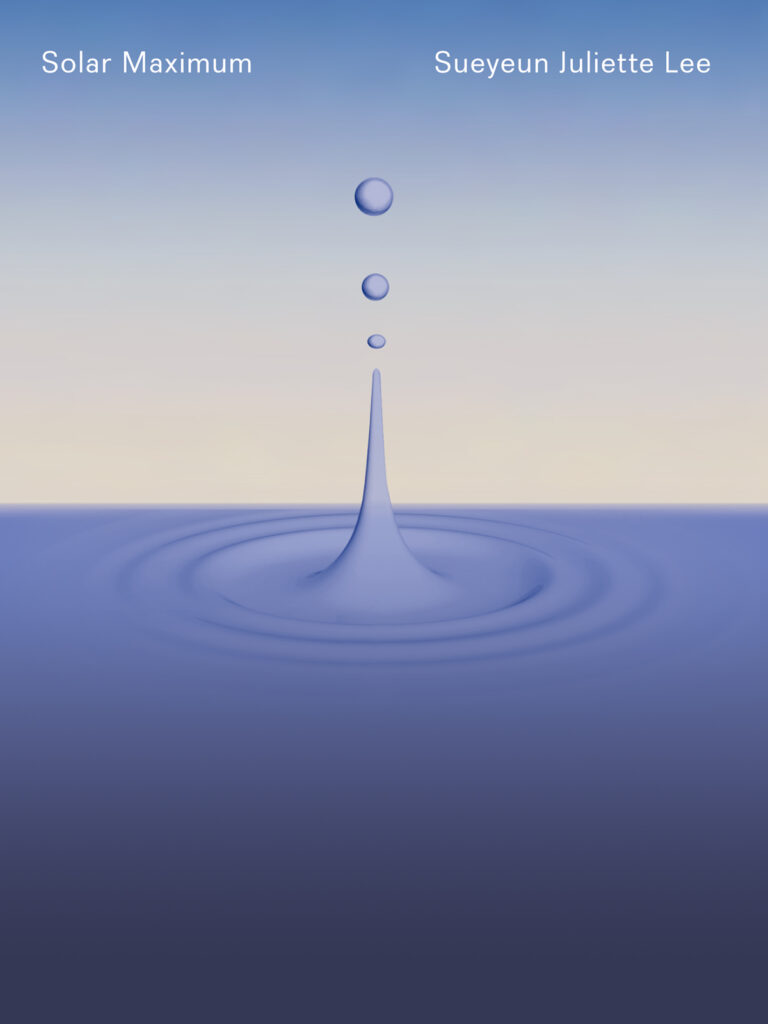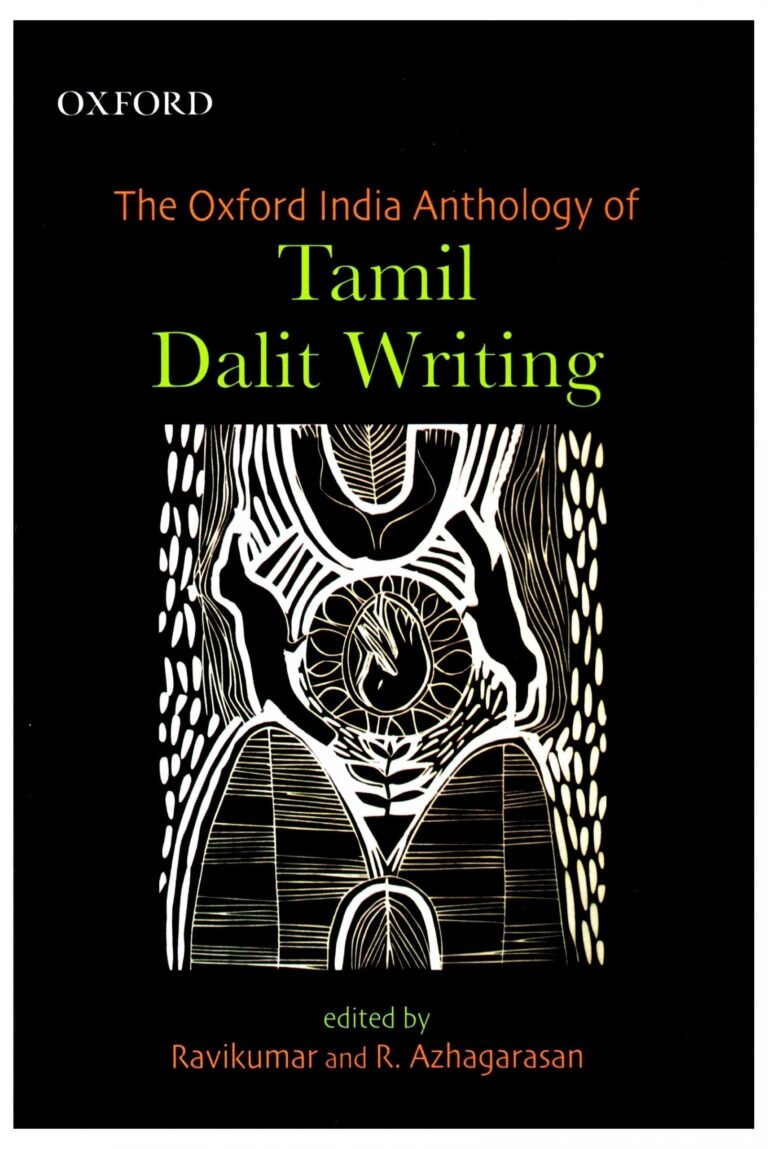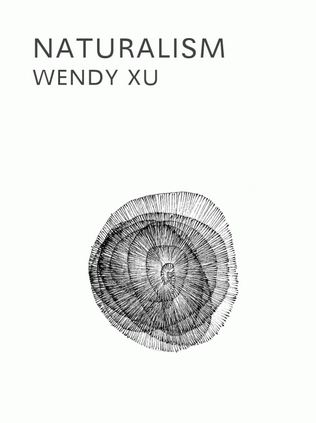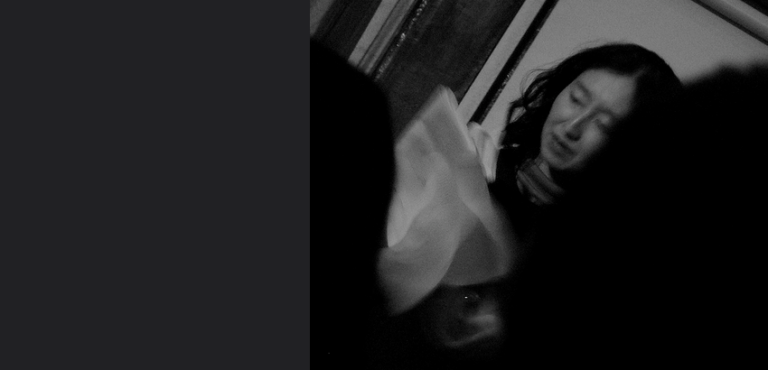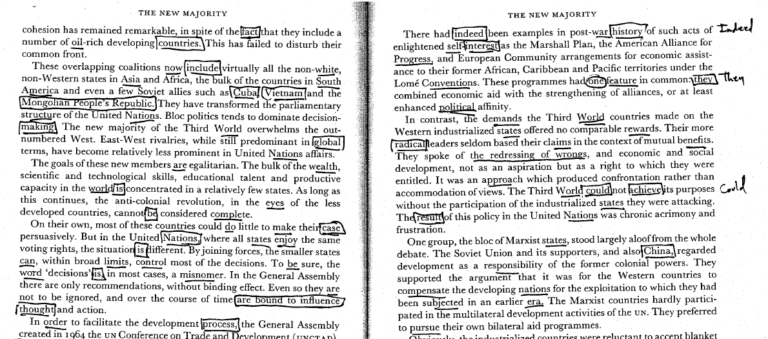The Best Poem I Read This Month: Sade Murphy’s “Entry 098 &/or Monday Night Before Thanksgiving or//Venus & Mars in Libra”
Sade Murphy pauses time in her prose piece(s) “Entry 098 &/or Monday Night Before Thanksgiving or//Venus & Mars in Libra” in DREGINALD. A series of moments—walking down Grand Street, pivoting on Putnam, taking the bus to Greenpoint—become infused with back-and-forth switches of vision, allowing Murphy to double her text. This doubling is literal: two prose blocks appear…


